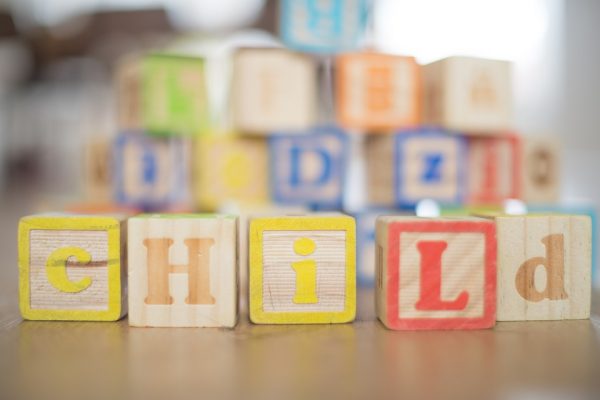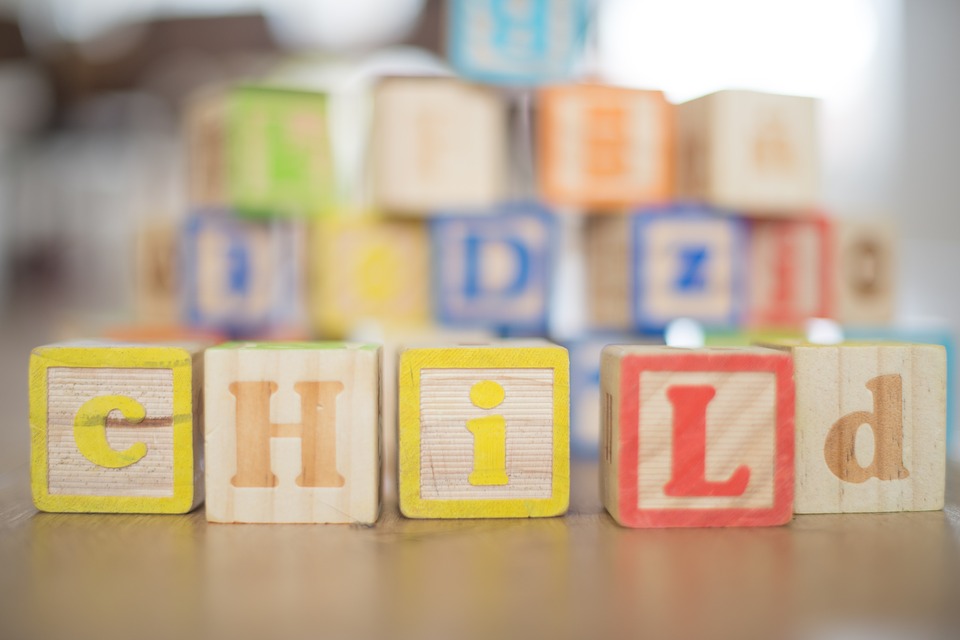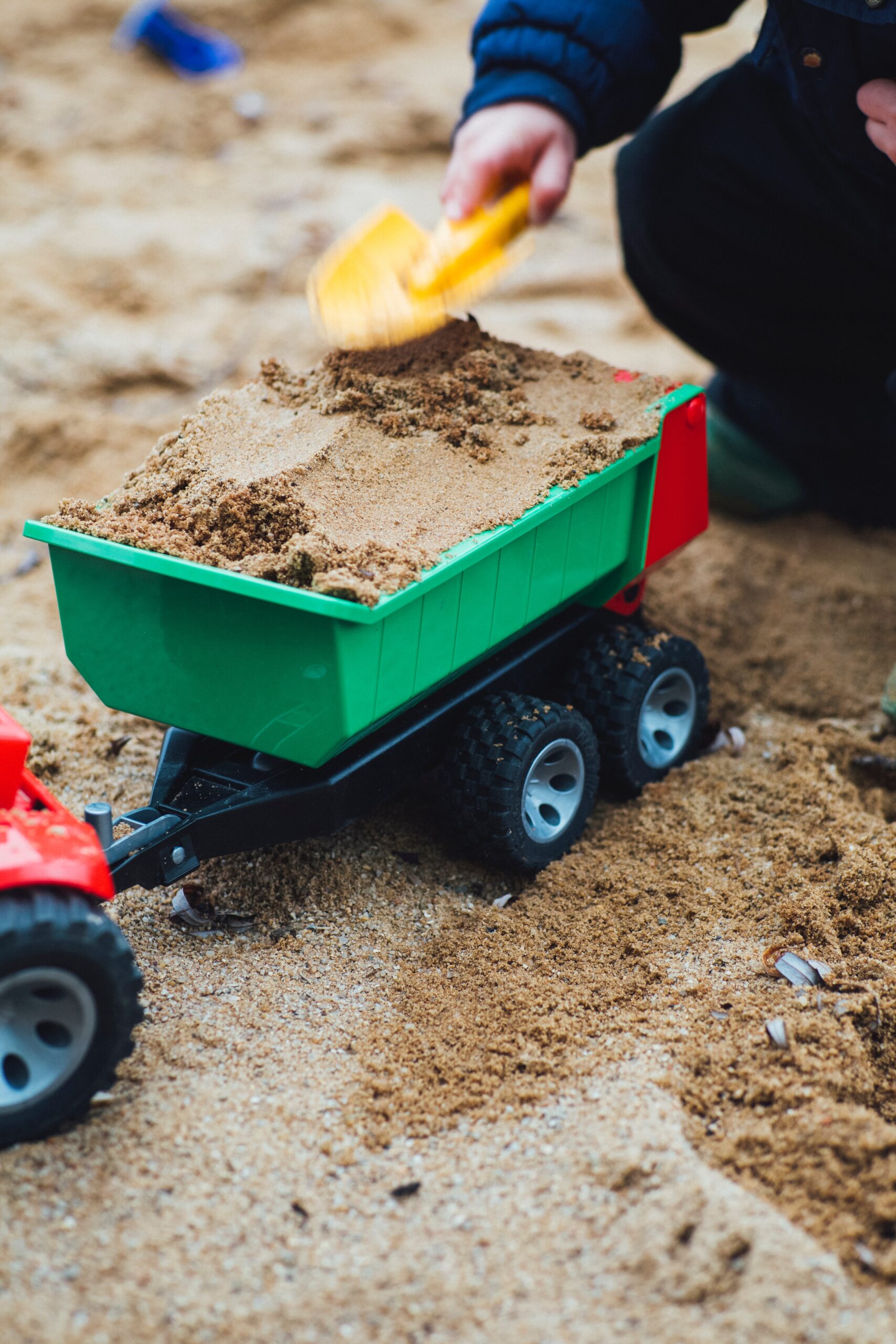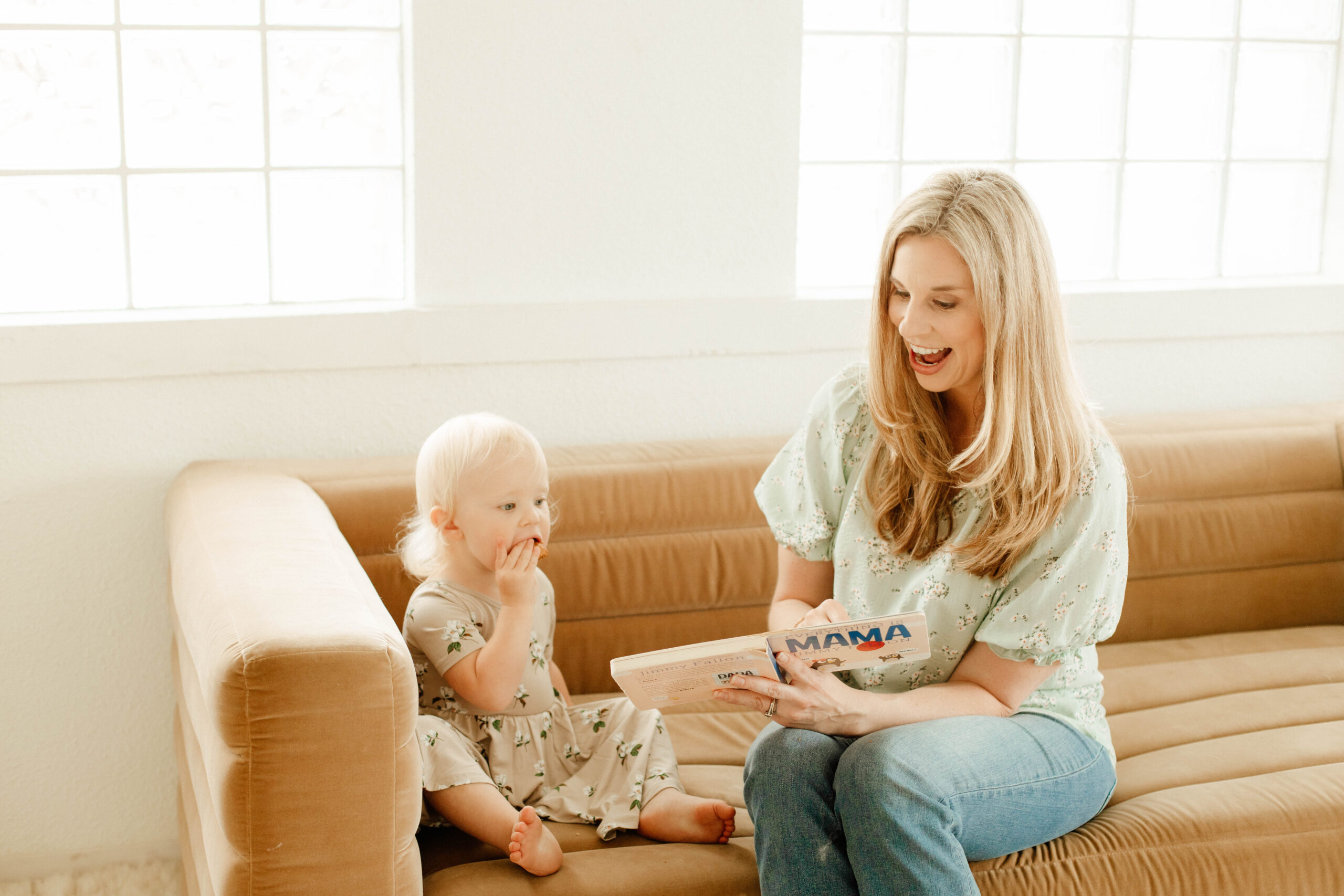
Language Development and Preschool
The preschool years are an amazing time for children to soak up language! There is no shortage of options or philosophies when it comes to early education. No matter what you decide, here are five things you want to look for in a school to support development of speech and language skills:
Nurturing teacher: A nurturing, caring teacher is this is the most important asset to any preschool classroom. A teacher that gives children the love and support they need while encouraging them to grow and explore is exactly what growing minds need. Though interactions with caring adults, children connect what they learn to what they already know and learning happens.
Open ended creative play: During open ended creative play children have to work through all of the challenges that arise during play. All of this problem solving, negotiating, and learning to handle big emotions helps build important social skills. Creative play also builds executive functioning skills such as being flexible, working memory (the memory children are using for a given task), and inhibition (pausing before acting). Executive functioning skills are the foundation for all learning.
Movement: For adults, learning often looks like sitting at a desk or doing worksheets, but preschoolers are not meant to sit still! Children learn through experiencing their environments. When children connect to these experiences, it’s called learning. Children must move their bodies in the preschool years to develop the ability to sit still in the later years. Numerous studies show that children who engage in physical activity show greater academic gains than control groups.
Outside time: Gross motor activities such as running and climbing help children build strong bodies and minds. Sunlight stimulates the pineal gland, which is the part of the brain that that helps regulate our biological clock. It also triggers the synthesis of Vitamin D, which has been associated with learning and productivity. The American Academy of Pediatrics states that recess is a crucial and necessary component of a child’s development. Physical activity stimulates the brain. Movement increases the capacity of blood vessels in the brain, which expedites the delivery of oxygen, water, and glucose for optimized brain performance. Even just 5-10 minutes of outside time has been proven to restore mental energy, reduce stress, improve short-term memory, and give the immune system a boost.
Language: Children learn language through hearing language. A preschool teacher that connects language to your child’s interests and talks to your child is very important. Music and rhymes also help build early phonological skills for later reading. In addition to oral language, printed word in the classroom helps build early literacy skills. Access to books and a teacher that reads to the students sets a strong foundation for literacy. Teachers that make reading interactive by pausing, asking questions, and involving the children can help the them connect to the story at a deeper level.

Brooke Andrews, M.A CCC-SLP is the owner of The Speech Dynamic, PLLC, a boutique speech therapy practice in Houston, TX. Brooke has presented at various conferences and shares her expertise in her workshops for parents, teachers, and other clinicians.. Her clinical expertise include speech, early childhood, social learning, and executive functioning






